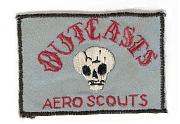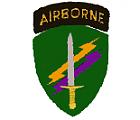We talk a lot about Information Operations but seem to lag in executing the same successfully. Many believe that IO equates to influence and that in the case of Small Wars it is tactical in nature. Grand IO campaigns have a place, but only if they enable boots on the ground - those that come into daily contact with the local population. The USMC / JFCOM Joint Urban Warrior war game in 2004 called this "IO ON POINT".
That said, there are some now who call for an IO component command at the operational level. I remain skeptical until this is thought out fully and adequately experimented with prior to implementation.
One could argue we hold too many capabilities and responsibilities at too high a level and might be better off "pushing" them down to the tactical. In the case of urban operations tactical may be the "strategic corporal"...








Bookmarks